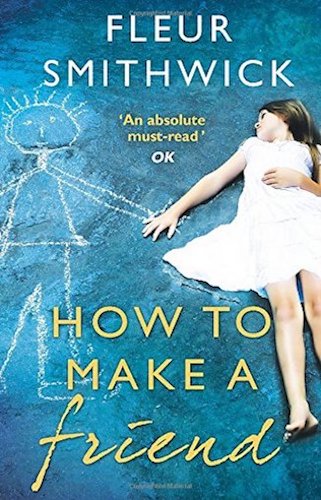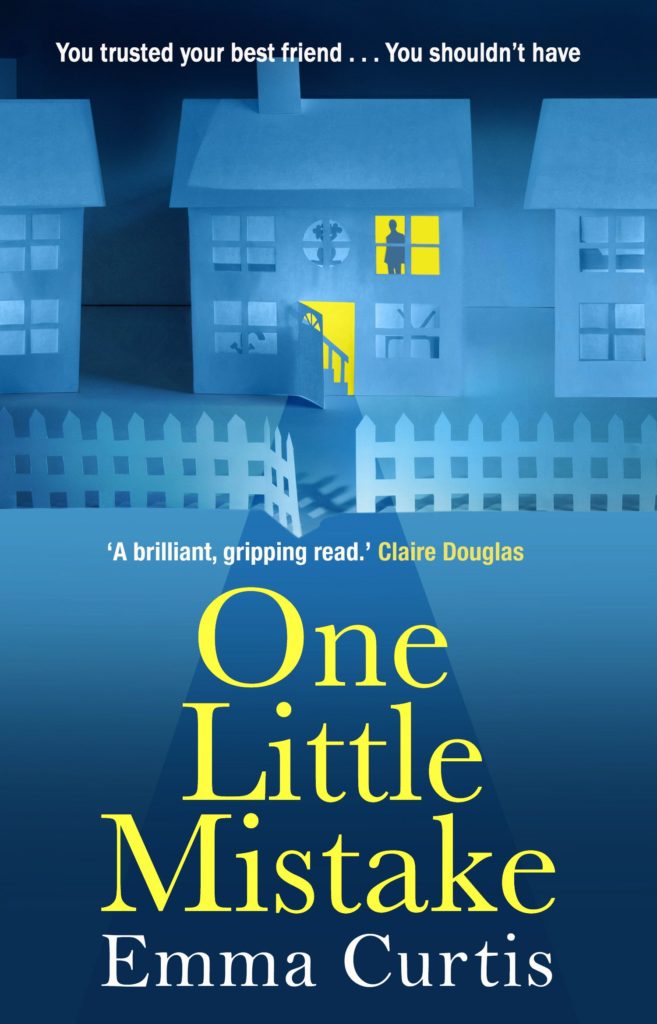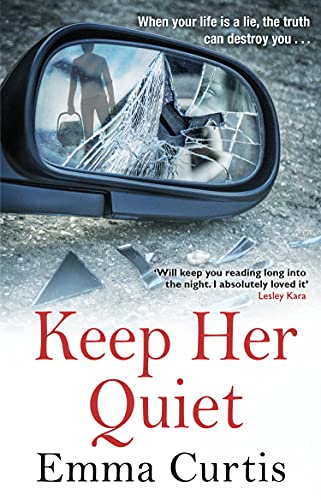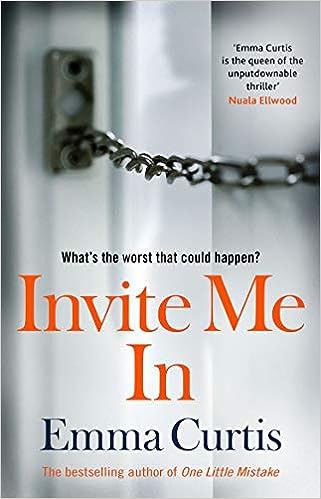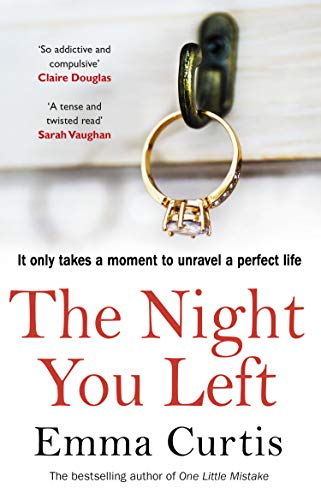FAIRWEATHER FRIEND
When I was a child I had an imaginary friend that nobody, apart from me, could see. Her name was Rosie and she gave me all the things I rarely got from my human friends. She was loyal, fiercely protective and always saw things from my point of view. We were so close that I even wanted to change my name to hers, although with hindsight that wouldn’t have been a good idea. It was my folks who called time on our friendship after I got into a playground scrap with a girl who questioned my friend’s existence. Do I still think about Rosie? Not really, although I hope she’s made new friends elsewhere.
Sometimes I wonder if “friends” like Rosie genuinely disappear when we no longer need them. What if they refuse to go away and follow their creators into adulthood? It’s an intriguing premise and one that Emma Curtis, writing as Fleur Smithwick, brilliantly explores in her excellent psychological thriller How to Make a Friend.
Sam is the imaginary friend of Alice, who as the youngest of three children from a broken home, is a lonely and emotionally neglected child caught between the indifference of her siblings and her mother’s narcissism. As an adult she has a successful career as a photographer and a great relationship with her friend Rory. She is also deeply in love with Jonathan, Rory’s older brother, although frustratingly she lacks the courage to tell him how she feels. When Alice survives a car accident in which Rory is killed, Sam returns to protect her and help her recovery. But although Sam shields her he also ruthlessly manipulates her insecurities to increase her dependence on him. As their relationship see saws between exploitation and Alice’s attempts to establish some autonomy, Smithwick teases the reader with the creepy possibility that Sam might not exist since nobody other than Alice can see him. Is he real or has he been conjured up from the imagination of a damaged, emotionally needy woman? Are the faint smudges in her photographs bits of his shadow, or are they a trick of the light? Perhaps the novel’s biggest tease is its title. How are friends made? Are they imagined? Are they bought? Do they stumble into our lives by chance, or by design? Why do some friendships last while others disintegrate?
The novel skillfully weaves Alice’s childhood into her adult present, using the mechanism of the first-person voice to maintain the consistency of the narrative pace. As the danger that surrounds Alice increases, the narrative rhythm is quietly ratcheted up until it’s taken back to a more settled tempo. Alice may be fragile and vulnerable, but she is also a gentle, sensitive soul which is why we fear for her when she tries to rid herself of Sam as it becomes clear his “friendship” is dangerously toxic.
How to Make a Friend is a novel that fascinates because of its thesis and the author’s studied dissection of a fragile, defenceless mind. Alice is susceptible because she is damaged, but Sam is too. He is fated to exist in a state of spiritual limbo, traversing the generations until he can find someone who needs him as much as he needs them. He survives by feeding on and exploiting their weaknesses in much the same way that his victims survive by feeding on his strengths. There is something tragic in that reality, although it’s worth remembering that not every invisible friend is determined to outstay their welcome.
Reviewed by Juliette Foster
© Archant Community Media Limited used under limited licence
Why not add One Little Mistake, Keep Her Quiet, When I Find You, Invite Me In and The Night You Left, to your Emma Curtis collection?
Click on the covers to find out more about these books by the author.



